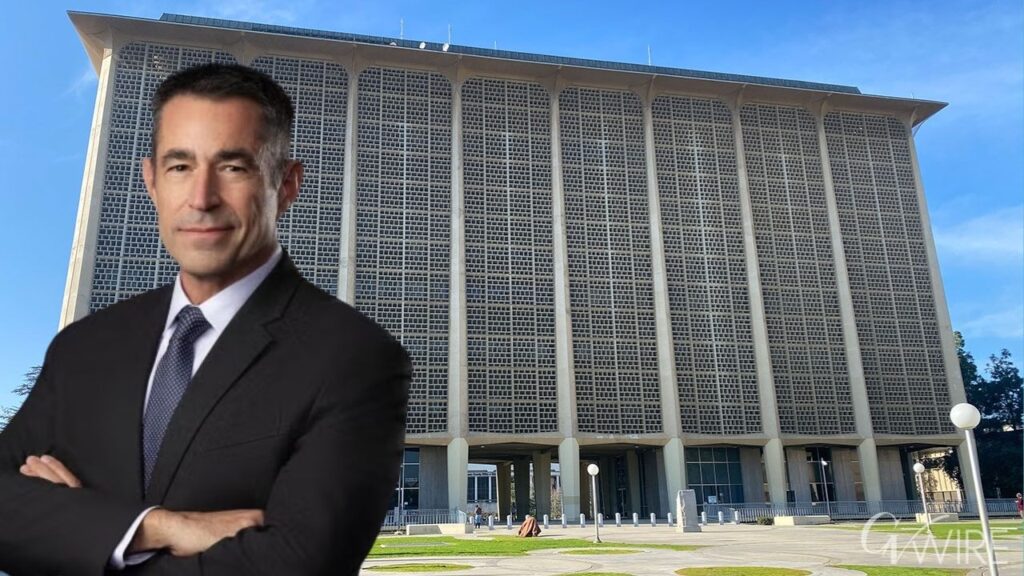Share
|
Getting your Trinity Audio player ready...
|
It has been a popular, and sometimes toxic, debate in some circles online. Those who insist there are only two genders and those who wish for a world where gender and sex are irrelevant. But new discoveries, and evolving data, seem to show that many people have differences or disorders of sex development (DSDs). Researchers have noted that DSDs effect as many as 1 in 100 people.
While genetics plays a major role in determining sex, environmental factors can also influence the development of the gonads and other sex characteristics. Sex chromosomes are not evenly distributed in some cases, leading to some individuals having genetically distinct cells with different sexes. Scientists have discovered that some people can have genes for both sexes. Many people carry cells from the opposite sex due to what’s called microchimaerism. Scientists are now finding that cells with different chromosomal sexes behave differently, with implications for health and disease.
Despite these discoveries, legal systems and social norms still cling to the idea of a binary sex system, putting pressure on those with DSDs to conform. Advocacy groups are calling for more understanding and acceptance of diversity in sex.
As society grapples with the implications of the fact that sex is not binary, scientists and medical professionals are working to improve their understanding of DSDs and develop more effective treatments. Genetic techniques are providing new insights into the causes of DSDs and allowing for more accurate diagnoses, while doctors are taking a more cautious approach to genital surgery and focusing on tailoring care to individual patients.
However, there are still many unanswered questions about DSDs and how best to manage them. As more data is collected on outcomes such as quality of life and sexual function, researchers will be better equipped to make informed decisions about the best course of action for people with DSDs.
As science reveals the complexities of sex, doctors and society struggle to keep pace.
Ultimately, the question of how to assign sex and gender is a complex one that will require input from many different fields, including medicine, law, and social science.
While some activists dream of a world where sex and gender are irrelevant, it is unlikely that this will happen anytime soon. In the meantime, doctors and scientists will continue to work to improve our understanding of DSDs and find the best ways to support individuals and families affected by these conditions.
Read more in Scientific American
RELATED TOPICS:
Categories

Renee Good’s Relatives Speak to Lawmakers in Washington

















